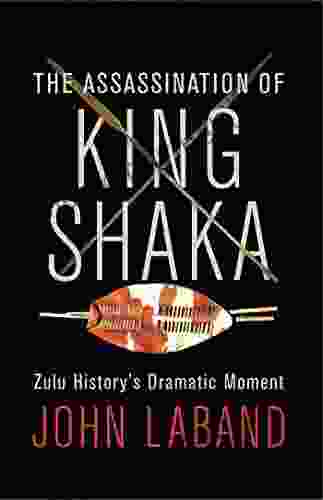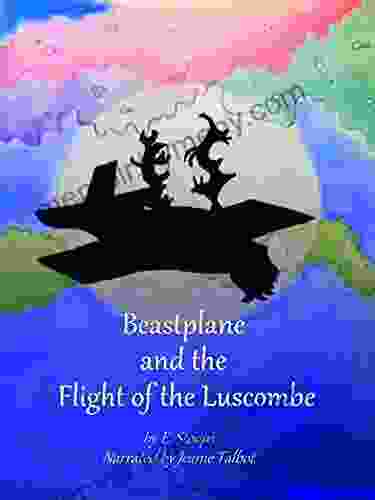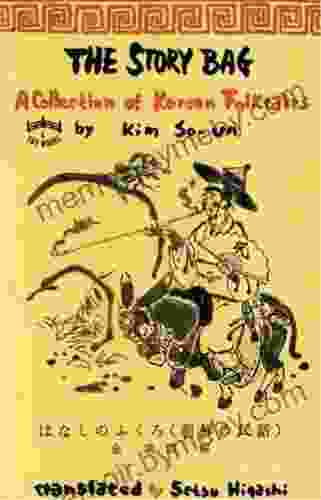In the enigmatic annals of African history, the life and reign of King Shaka Zulu stands as a testament to both brilliance and brutality. As the founder of the Zulu Kingdom, Shaka's military prowess and innovative reforms transformed his people into a formidable force. However, his enigmatic assassination in 1828 remains shrouded in mystery, leaving historians and readers alike spellbound.
The Rise of Shaka Zulu
Born in 1787, Shaka's early years were marked by tragedy and adversity. Cast out of his father's kraal as a child, he wandered the countryside, honing his skills as a warrior and strategist. In 1816, he ascended to the throne of the Zulu, inheriting a fragmented and dispirited kingdom.
4.4 out of 5
| Language | : | English |
| File size | : | 6257 KB |
| Text-to-Speech | : | Enabled |
| Screen Reader | : | Supported |
| Enhanced typesetting | : | Enabled |
| Word Wise | : | Enabled |
| Print length | : | 272 pages |
Under Shaka's leadership, the Zulu underwent a profound transformation. He revolutionized their military tactics, introducing the iconic assegai and shield formation that would become synonymous with Zulu might. Shaka also implemented a rigorous training regimen, instilling discipline and loyalty among his warriors.
Shaka's Reign: Conquest and Controversy
Through a series of brilliant military campaigns, Shaka expanded the Zulu Kingdom's reach, creating an empire that stretched across vast swathes of southern Africa. His conquests brought both glory and infamy, as he ruthlessly eliminated rival tribes and enforced brutal tactics, including the infamous practice of "impaling."
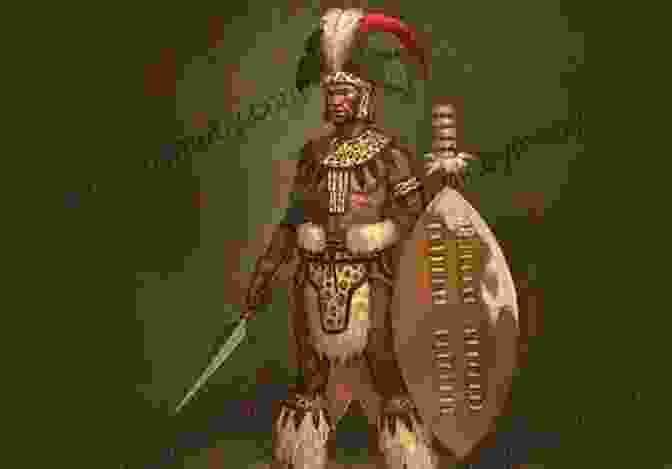
Shaka's reign was marked by controversy and intrigue. His harsh methods and unwavering ambition alienated many within his own kingdom, leading to plots against his life. The most significant of these plots would culminate in his tragic assassination.
The Assassination Plot
On September 22, 1828, as Shaka Zulu prepared for a hunt in the Dukuza, he was ambushed by his half-brother, Dingane kaSenzangakhona, and another warrior, Mhlangana. Dingane had long harbored resentment towards Shaka, and the plot had been brewing for months.
Using deception and guile, Dingane and Mhlangana isolated Shaka from his guards and attacked him with their assegais. The king fought valiantly but was eventually overwhelmed and killed. The assassination sent shockwaves through the Zulu Kingdom and beyond, plunging it into a period of uncertainty and chaos.
Aftermath and Legacy
In the wake of Shaka Zulu's assassination, Dingane assumed the throne, but his reign was short-lived. The Zulu Kingdom fractured into factions, and Shaka's legacy remained disputed. Some mourned him as a visionary leader, while others condemned him as a tyrant.
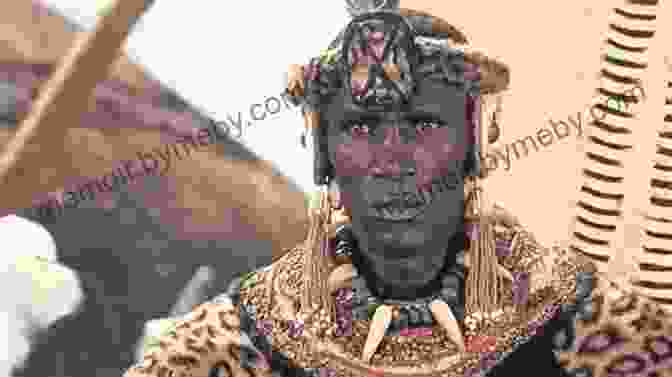
Over time, Shaka Zulu's reputation has evolved. He is now widely recognized as one of the most influential figures in African history. His military innovations and leadership skills have been studied and admired by scholars and military strategists alike.
The Assassination of King Shaka: A Literary Exploration
The assassination of King Shaka Zulu remains a subject of fascination and inspiration for writers and historians. In his compelling book, "The Assassination of King Shaka," author Joseph Mhlongo delves into the complexities of Shaka's reign and the events surrounding his untimely death.
Through meticulous research and vivid storytelling, Mhlongo explores the motivations of those involved in the plot, including Dingane's ambition, Mhlangana's loyalty, and the role of Shaka's own character flaws. The novel provides a gripping account of the events that led to the assassination and its profound impact on the Zulu Kingdom.
The assassination of King Shaka Zulu is a tragic episode in African history. It marked the end of a remarkable era and left an enduring legacy of conquest, controversy, and intrigue. Joseph Mhlongo's "The Assassination of King Shaka" offers a captivating exploration of this pivotal event, shedding light on the complexities of Shaka's reign and the forces that led to his untimely demise. As readers delve into this historical saga, they will gain a deeper understanding of one of the most enigmatic and influential figures in African history.



